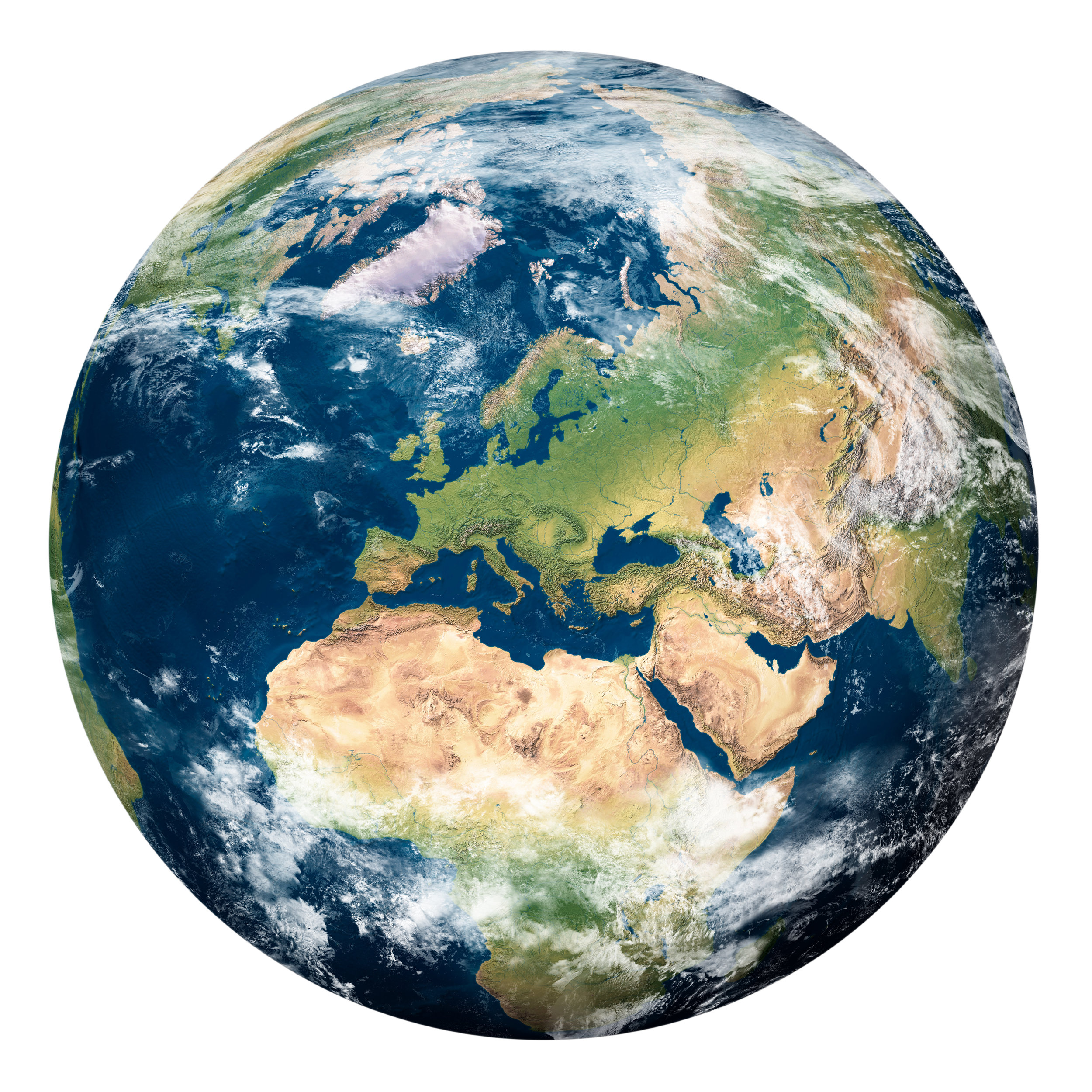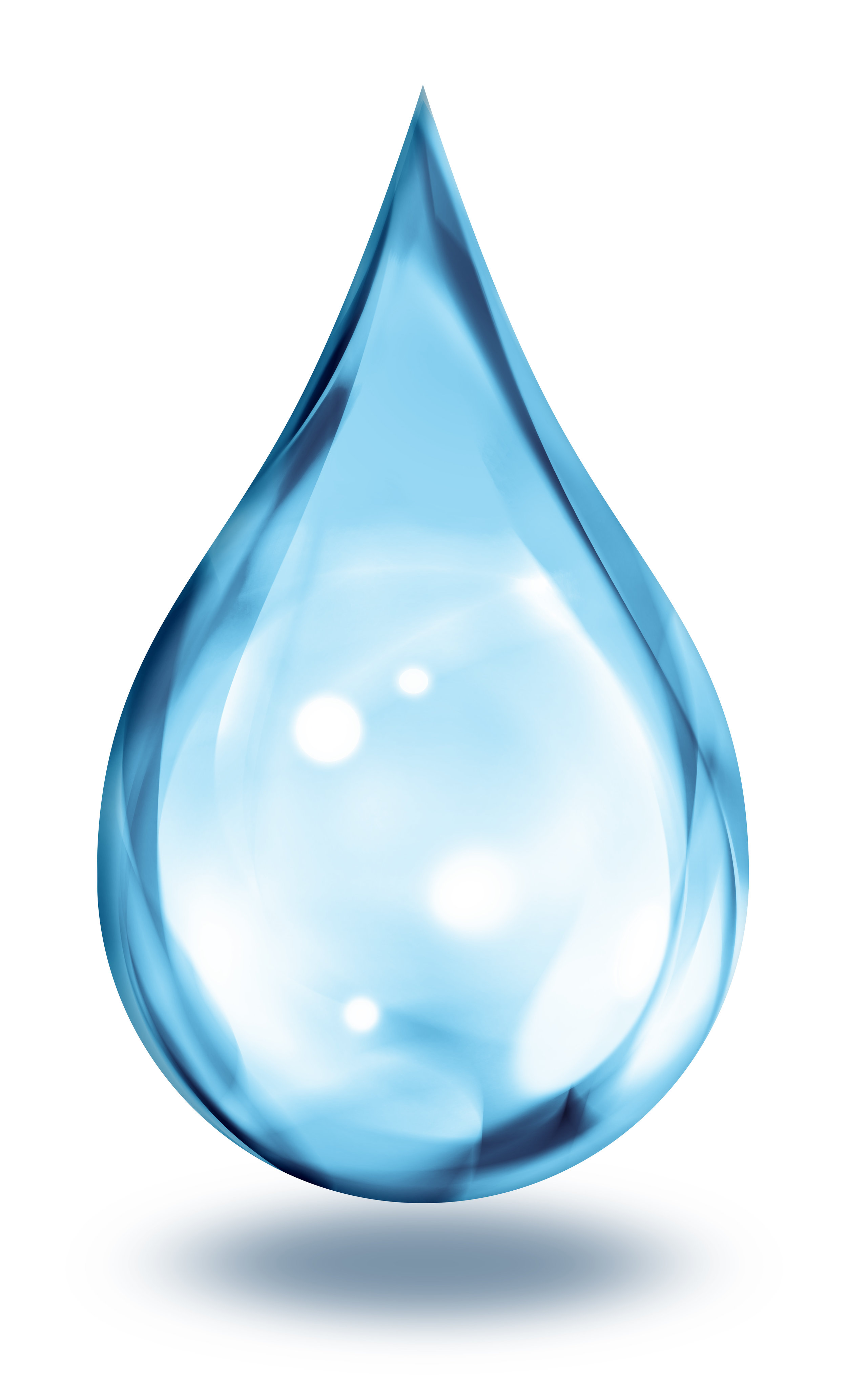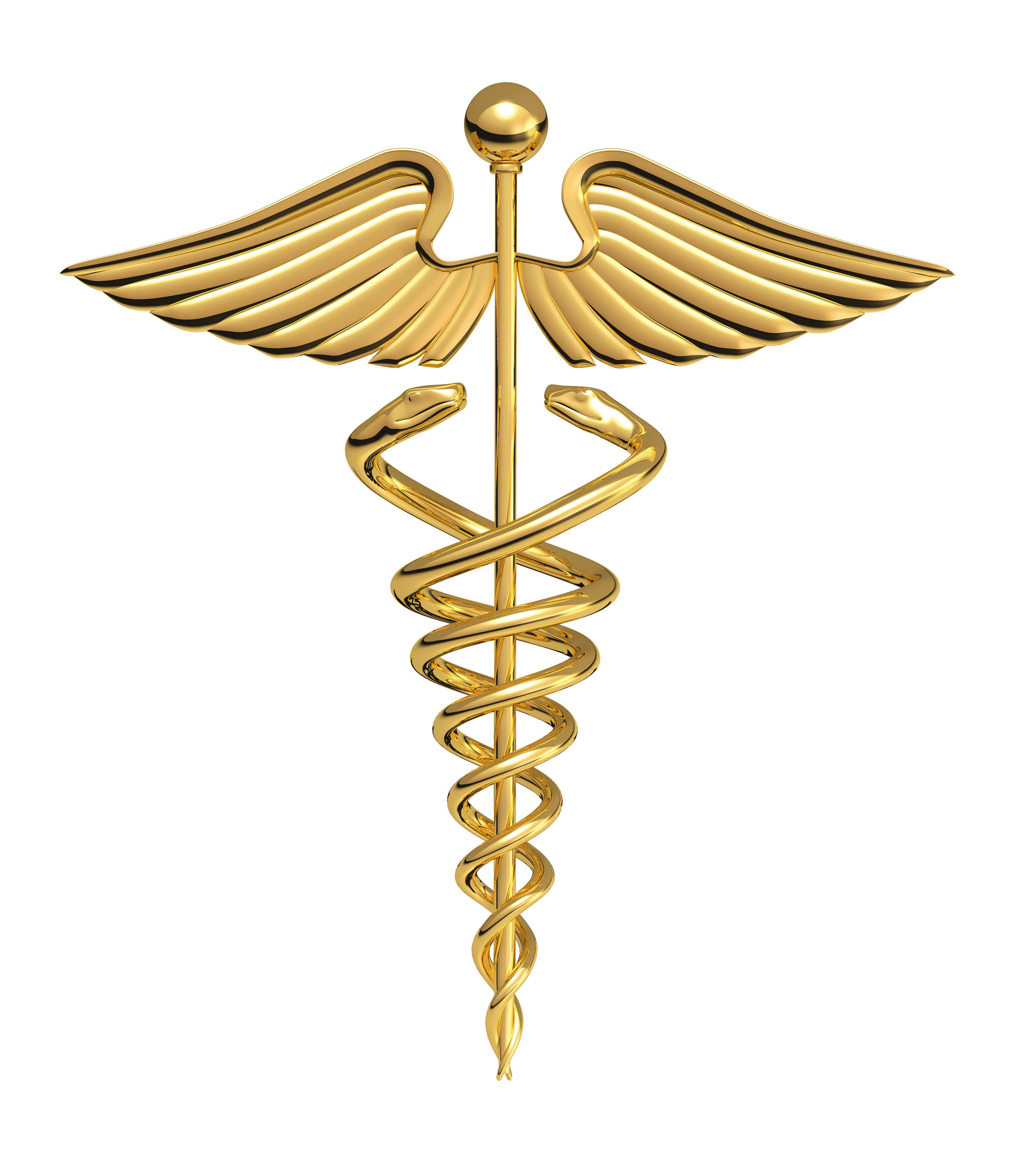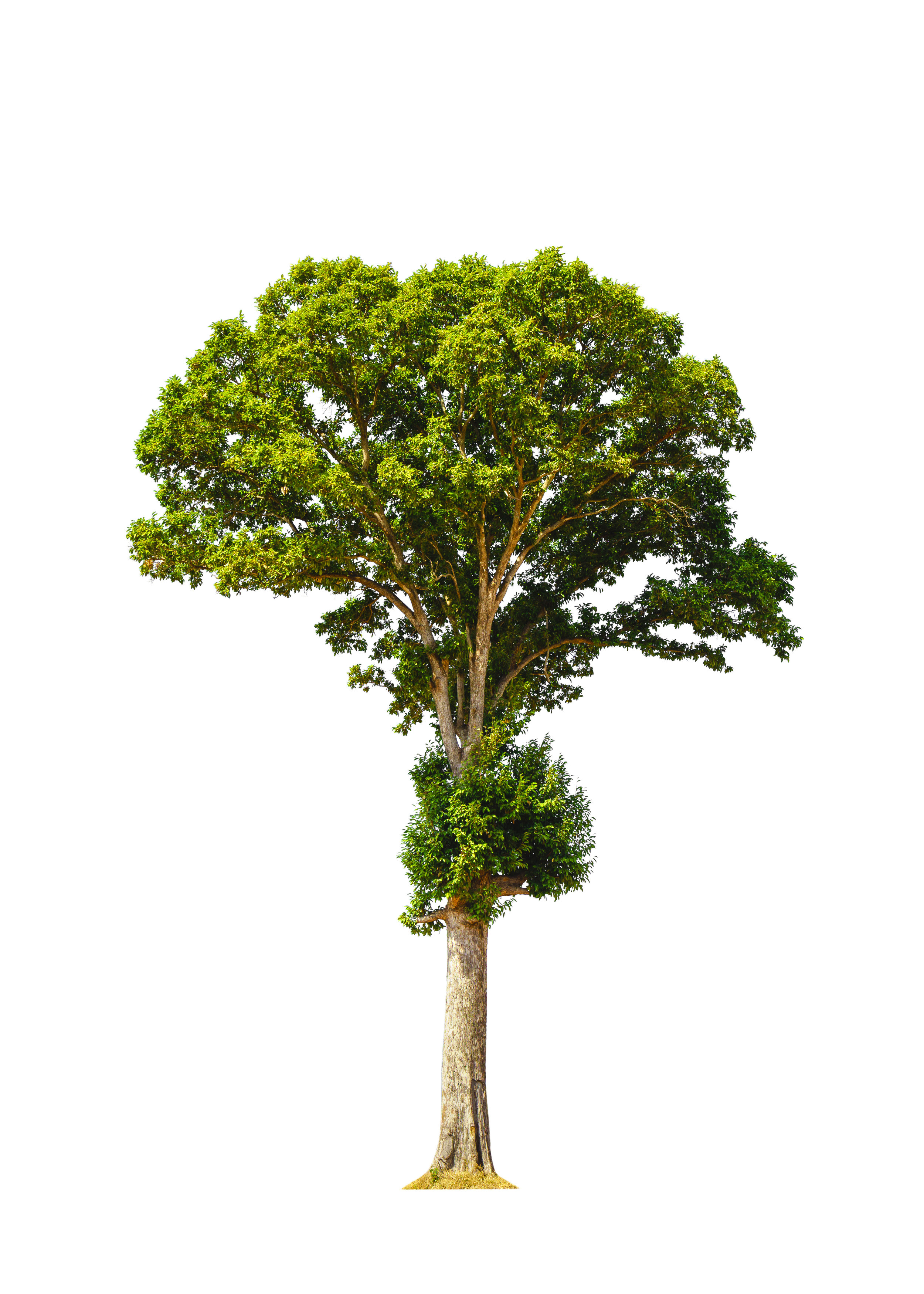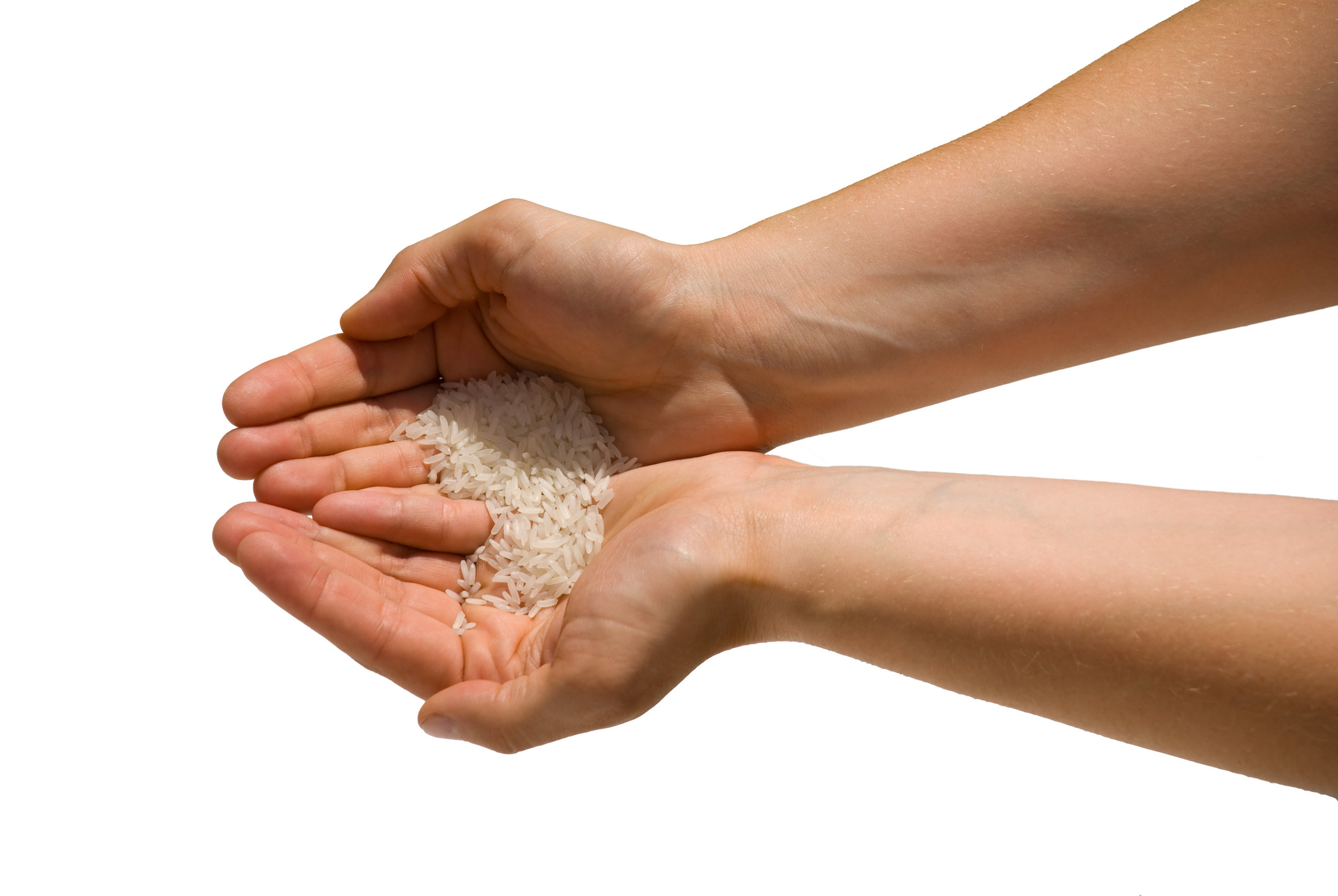SO MANY REASONS TO CHOOSE compassion
Ironically the most compassionate diet on the planet also turns out to be one of the healthiest for our bodies and the environment! Scroll down to learn the effects animal agriculture has on our planet, the health of our bodies and the consequences to animals all over the world. There are so many positive benefits to living a vegan lifestyle. Let these "reasons" question your current belief system and expand your awareness.
WHY VEGAN?
Click on an image below
Environmental REASONS TO LIVE VEGAN
GO VEGAN TO BENEFIT THE PLANET
“If you tell a lie big enough and keep repeating it, people will eventually come to believe it.”
Animal agriculture is the leading cause of global warming, water usage, oceanic dead zones, land clearing, species extinction, suffering and death. Learn more about how animal agriculture is one of the biggest threats to our planet.
A person who follows a vegan diet produces the equivalent of 50% less carbon dioxide, uses 1/11th oil, 1/13th water, and 1/18th land compared to those who include animals into their diets.
Scientists say that our planet has only until 2030 to stem catastrophic climate change. Governments around the world must take "rapid, far-reaching and unprecedented changes in all aspects of society to avoid disastrous levels of global warming,” says a stark new report from the global scientific authority on climate change. The planet is already two-thirds of the way there, with global temperatures having warmed about 1 degree. Avoiding going even higher will require significant action in the next few years and that begins with what we put on our plates.
Livestock covers 45% of the earth’s total land and 1/3 of land is desertified due to livestock. This means that the land is chronically degraded which causes a loss of soil productivity, nutrients and carbon in the ground and absorption of water.
70% of the grains grown in the U.S is used to feed animals. Imagine if we bread less cows into existence and redirected the grain we intended to feed to the animals and instead fed people. We could literally end world hunger. The United Nations Food and Agriculture Organization estimates that about 815 million people of the 7.6 billion people in the world, or one in ten, were suffering from chronic undernourishment in 2016. (Almost all the hungry people, live in developing countries).
Animal agriculture water consumption ranges from 34-76 trillion gallons annually.
Approximately 2,500 gallons of water is required to produce just 1 pound of beef.
Worldwide, cows drink 45 billion gallons of water and eat 135 billion pounds of food each day. Humans only drink 5.2 billion gallons of water and eat 21 billion pounds of food each day. We cannot sustain raising cows for food when plant based food uses less water and actually improves the environment. Raising animals for food is draining on our natural resources.
Animal agriculture is responsible for up to 91% of Amazon destruction. 1 to 2 acres of rain forest are cleared every second to raise animals for food. We are living in a real life Ferngully.
Every minute, 7 million pounds of waste excrement (pee and poo) are produced by animals raised for food in the US. Holy sh*t!
Around 9 billion land animals are killed each year in the U.S. alone to produce meat, dairy, and eggs. That’s about one million every hour. (2014) Globally, the death toll exceeds 70 billion and the number of aquatic animals killed for food is as many as 2.7 trillion. Visit the ADAPTT kill counter for more information.
ETHICAL REASONS TO LIVE VEGAN
GO VEGAN BECAUSE ITS THE RIGHT THING TO DO
“Tradition and morality are not always the same.”
Animals deserve equality too. If racism, sexism and other prejudices are wrong, what about speciesism? No sentient being should ever be denied basic rights to life and liberty because of their race, gender, age, ability, sexual orientation or species membership.
Wearing animal skin from either a cow or a dog (which is often impossible to tell) is very cruel. Animals in the skin trade suffer horrendously as victims of fashion. More than a billion animals are flayed each year so that humans can wear or use their skin. This includes baby calves who are killed because they are useless to the dairy industry including crocodiles, horses and even kangaroos. It takes approximately 35 animals to make one single fur coat. Fashion should never include a victim. Luckily Los Angeles has caught on and has now banned the sale of fur in the entire city!
Animal testing and vivisection is a cruel and unethical practice. Rabbits, mice, rats, dogs, monkeys and cats are, amongst other things, cut up, burnt, electrocuted and poisoned in order to test products or scientific theories. Often this leads to inaccurate results and is far less reliable, as well as being much more costly, than the alternative methods.
If you consider yourself a Christian, then think about the 1st Amendment: "Thou Shall Not Kill". Lets look up some Bible verses like Genesis 1:29: "And God said, Behold, I have given you every herb bearing seed, which is upon the face of all the earth, and every tree, in the which is the fruit of a tree yielding seed; to you it shall be for meat." If you're going to use the Bible to justify eating meat then ask yourself if a loving and benevolent God would allow what we do to animals in factory farms. As long as your purchase and eat animal products, you are supporting this process.
All animals feel pain and fear before slaughter and death and do their best to avoid pain and suffering. How can you humanely kill something that does not want to die? "Free range", "cage free", "grass fed", "organic", "humanely raised" animal products are on the rise to help release any consumer guilt associated with supporting the confinement and torture of animals on farms. The fact is, all animals face premature death and horror moments before slalughter. You can read more about free range fraud investigations at FreeRangeFraud.com.
that are torn from their mothers within a day of birth so that humans can drink the milk meant for them. These babies are either slaughtered – around half a million each year in Australia – or forced into the same cruel cycle as their mothers. Find out more here: cowtruth.com
Males of the egg industry are considered waste; their tiny bodies are usually ground up alive or thrown in the trash and left to suffocate, while the females are farmed ruthlessly for their eggs. Many develop severe health problems such as peritonitis, tumors, egg binding, uterine prolapse, depositing of an egg osteoporosis, bone fractures and occasionally skeletal paralysis. At 2 years of age they will be sent to slaughter.
Killing typically promotes more violence, not more peace. It’s unjustifiable to kill someone or something just to prove killing is “wrong”.
If you wouldn't eat your dog, why eat a hog? If you wouldn’t kill your pet cat, why trophy hunt a big cat?
The 760 million tons of grain used to feed animals to produce meat could potentially feed 11 billion people and could end global food shortage.
There's a reason why you take your children to pick apples and not to the slaughterhouses. If children truly understood what we did to animals they wouldn't want to eat them.
There's a reason why you take your children to pick apples and not to the slaughterhouses. If children truly understood what we did to animals they wouldn't want to eat them.
HEALTH REASONS TO LIVE VEGAN
GO VEGAN FOR THE HEALTH OF YOUR BODY
“The doctor of the future will no longer treat the human frame with drugs, but rather prevent and cure disease with nutrition.”
The Academy of Nutrition and Dietetics, which is the world’s largest organization of food and nutrition professionals, states that “appropriately planned vegetarian, including vegan, diets are healthful, nutritionally adequate and may provide health benefits for the prevention and treatment of certain diseases. These diets are appropriate for all stages of the life cycle, including pregnancy, lactation, infancy, childhood, adolescence, older adulthood and for athletes. Plant-based diets are more environmentally sustainable than diets rich in animal products because they use fewer natural resources and are associated with much less environmental damage. Vegetarians and vegans are at reduced risk of certain health conditions, including ischemic heart disease, type 2 diabetes, hypertension, certain types of cancer, and obesity.”
Meat & dairy products contain very high amounts of saturated fat and dietary cholesterol. Plant foods contain zero cholesterol. The human body manufactures all the cholesterol it need so we can certainly live without eating any cholesterol. Cholesterol is attached to protein packages called lipoproteins, which are assembled in the liver and circulate in our bloodstream. High cholesterol and triglyceride levels have been linked risk factors for heart disease, insulin resistance or diabetes, abdominal obesity and high blood pressure. Dietary cholesterol only comes from animal products such as meats, fish eggs and dairy products. The amount of cholesterol you consume affects the amount your body produces, which is also affected by genetic factors but saturated fats, found chiefly in animal products, raise LDL more than dietary cholesterol does.
The World Health Organization classified that processed red and processed meats as a class one carcinogen and causes colorectal cancer based on sufficient evidence from epidemiological studies. There is also evidence of linking this meat with pancreatic cancer and prostate cancer.
Flesh foods are loaded with dangerous poisons and contaminants such as bacteria, hormones, herbicides and pesticides, and antibiotics which accumulate in your body and over time creates disease. An extremely high percentage of all the flesh from the chickens, turkeys, cows, fish, and pigs butchered every year in the U.S. is contaminated with E. coli, campylobacter, listeria, or other dangerous bacteria that live in the intestinal tracts, flesh, and feces of animals.
"Casein, which makes up 87% of cow’s milk protein, promoted all stages of the cancer process", says Dr. T. Colin Campbell, author of the well-regarded book, The China Study.
Plant based diets lower your risk for heart disease, type two diabetes, obesity and cancer which are all mostly created by unhealthy diet and lifestyle choices. Dr. Caldwell Esselstyn has been able to reverse even very bad cases of cardiovascular disease by feeding his patients a low-fat vegan diet saving countless lives.
Watch this powerful speech
I hope this information has helped to open up your eyes to the effects animal agriculture has not only on the animals we breed, but the health of our bodies and our most important asset, our environment. “When the last tree is cut down, the last fish eaten and the last stream poisoned, you will then realize that you cannot eat money.” - Alanis Obomsawin
REFERNCES
Environmental Protection Agency. "Global Greenhouse Gas Emissions Data".
"Livestock' Long Shadow: environmental issues and options". FAO. Rome. 2006
"Carbon Dioxide Emissions to 2040". Energy Global. 06 January 2015
"World Energy Outlook 2014 Factsheet". International Energy Agency.
"International Energy Outlook 2016". U.S. Energy Information. May 11, 2016
"Overview of Greenhouse Gases". United States Environmental Protection Agency.
"Key facts and findings. By the numbers: GHG emissions by livestock". FAO. (New)
250-500 liters per cow per day, x 1.5 billion cows globally is 99 - 198.1 billion gallons. Rough average of 150 billion gallons CH4 globally per day.
Source: calculation is based on http://www.worldwatch.org/node/6294 analyses that 51% of GHG are attributed to animal ag.
"Measuring the Daily Destruction of the World's Rainforests". Scientific American
Butler, Rhett. "10 Rainforest Facts for 2017". Mongabay.com. January, 2017
"Avoiding Unsustainable Rainforest Wood". Rainforest Relief
"Tropical Deforestation". National Aeronautics and Space Administration: Facts
Butler, Rhett. "Cattle Ranching's Impact on the Rainforest". Mongabay.com. July 2012
"The Disappearing Rainforests". Save the Amazon.org
"What is Deforestation?" Kids.Mongabay.com
Butler, Rhett. "Amazon Destruction". Mongabay.com. January 2017
Butler, Rhett A. "20 years ago the Amazon lost its strongest advocate". Mongabay. December 2008
Nuwer, Rachel. "The Rising Murder Count of Environmental Activists". The New York Times. June 2016
"Overfishing: a threat to marine biodiversity". United Nations Environment Programme
"General situation of world fish stocks". United Nations Food and Agriculture Organization
Roach, John. "Seafood May Be Gone by 2048, Study Says". National Geographic News. November 2, 2006
Montaigne, Fen. "Still Waters: The Global Fish Crisis". National Geographic
Mood, A & Brooke, P. "Estimating the Number of Fish Caught in Global Fishing Each Year". July 2010
"Fish count estimates". Fishcount.org.uk
"Discard and bycatch in Shrimp trawl fisheries". FAO: Fisheries and Aquaculture Department
Keledjian, Amanda, et al. "Wasted Catch: Unsolved Problems in U.S. Fisheries". Oceana. March 2014
Goldenberg, Suzanne. "America's nine most wasteful fisheries named". The Guardian. 20 March 2014
Keledjian, Amanda, et al. "Wasted Catch: Unsolved Problems in U.S. Fisheries". Oceana. March 2014
Goldenberg, Suzanne. "America's nine most wasteful fisheries named". The Guardian. 20 March 2014
"World Review of Fisheries and Aquaculture: Part 1". UN: Food and Argriculture Organization. 2012
"Shark Fin Trade Myths and Truths: BYCATCH". Shark Savers
"Sharks at Risk". Animal Welfare Institute
"Kings of the Carnivores. Vegetarians should look away". The Economist. April 2012
Barnard, M.D, Neal. "Do We Eat Too Much Meat?" The Huffington Post Blog. January 2011
"Current World Population". Worldometers
"Visualizations of population growth". The Population Institute
"Direct Seeded Vegetable Crop Chart". Johnny's Selected Seeds


